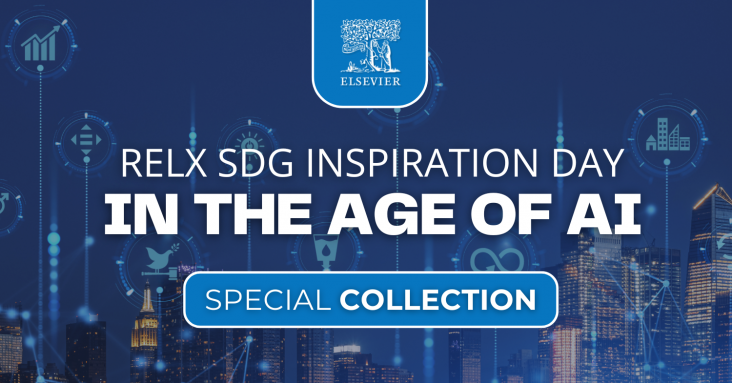This content addresses SDG 3 (Good Health and Well-being) and SDG-10 (Reduced inequalities), aligns with the World Health Organization’s goal to promote universal health coverage, and aims to help close the health treatment gap that keeps remote, underserved communities from accessing needed quality health services.

Remington and Klein's Infectious Diseases of the Fetus and Newborn Infant (Ninth Edition), 2025, Pages 728-744.e4
This content aligns with Goal 3: Good Health. Public health programs at the governmental level are in need for prevention of the maternal-fetal transmission of these viruses and access to available antiviral therapies.
This study, led by Indigenous scholars at the University of Queensland, examines the health and social outcomes of Indigenous peoples and health workers during pandemics in urban settings. The study incorporates systems thinking, emphasising new approaches to complex problems. The research highlighted systemic challenges in pandemic responses, emphasising the need for policy reform, particularly in areas like housing.
Digital Healthcare in Asia and Gulf Region for Healthy Aging and More Inclusive Societies: Shaping Digital Future, 2024, pp 331-352
This content aligns with Goal 3: Good Health provides understanding the mechanisms involved in AIH pathogenesis controlling hepatitic inflammation.

